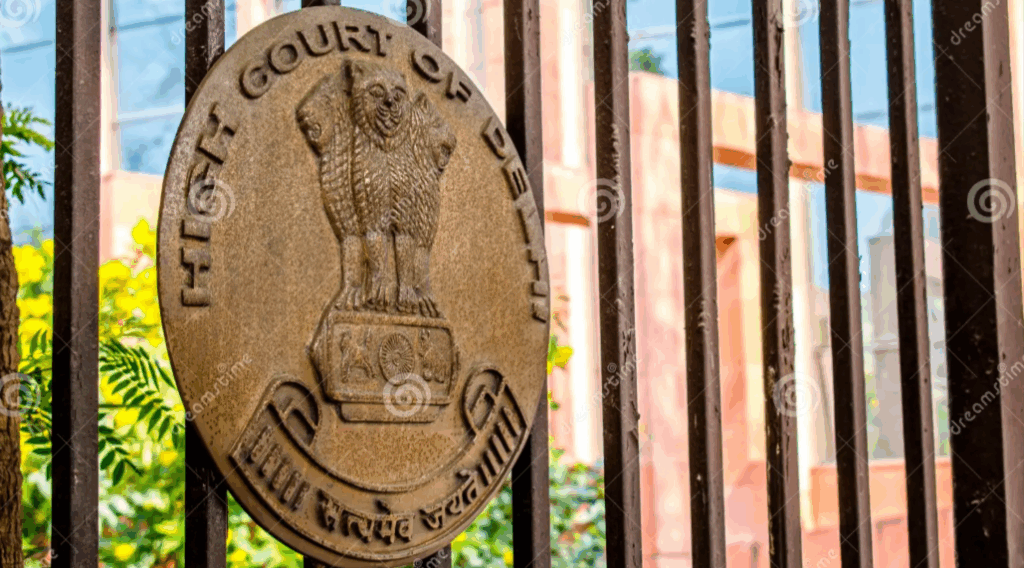Shreya Gupta
On 1st July, 2025, the Delhi High Court, in a significant ruling, dismissed an application filed by Toyota seeking an interim injunction against Lakshmi Machine Works Limited (LMW Ltd.) to restrain it from using certain patented technologies, specifically those claimed under patents IN759 and IN883.
Toyota alleged that LMW, through its product “Spinpact,” was using or intended to use technology that was patented by Toyota without authorization. However, the Court declined to grant interim relief on the primary ground that one of the patents in question, IN759, had already expired on 24th May, 2025.
Justice Saurabh Banerjee, who delivered the judgment, emphasized that under Section 53 of the Patents Act, the statutory term of a patent in India is twenty years, after which the patent ceases to have any legal effect. The judge underlined that this time limit has been intentionally and carefully fixed by the legislature to balance the monopoly rights of the inventor with the broader public interest. Allowing enforcement beyond this statutory period would amount to an illegal extension of monopoly rights, defeating the very object of patent law.
The Court observed that granting an injunction after the expiry of the patent term would be futile and legally impermissible, as the technology becomes part of the public domain once the patent expires. The judge clearly stated that the Court cannot grant relief that is beyond the scope of the statute, and any such order would not only be ineffectual but could prejudice the ongoing proceedings. Importantly, even if Toyota may have a prima facie case and may potentially suffer irreparable harm, the expiration of the patent renders any injunctive relief nonviable.
Moreover, LMW had countered Toyota’s claims by filing a counterclaim under Sections 64 and 107 of the Patents Act, seeking revocation of both patents on grounds of lack of novelty and inventive step, arguing that the patented technology was already in use prior to the priority date and was obvious in light of prior art.
The Court also noted that Toyota’s concerns regarding products that might have been manufactured during the validity of the patent can still be addressed at the final determination stage through compensation or costs. However, as the patent has now expired, no injunction can be issued to restrain its use. The judge concluded that any attempt to determine the merits of the infringement claim at this stage would be a “nullity” and potentially prejudicial, reinforcing the legal principle that the expiry of a patent terminates the exclusive rights conferred upon the patent holder, making the invention freely accessible to the public. Thus, the Court’s decision reaffirms the non-extendable nature of patent protection and the critical role of statutory limitations in balancing private rights and public interest.
Case Title: Kabushiki Kaisha Toyota Jidoshokki V. LMW Limited
Case Number: CS(COMM) 881/2024
Bench: Justice Saurabh Banerjee
Click here to access the order
Instagram: Click here
LinkedIn: Click here
For Collaboration and Business: info.desikaanoon@gmail.com


